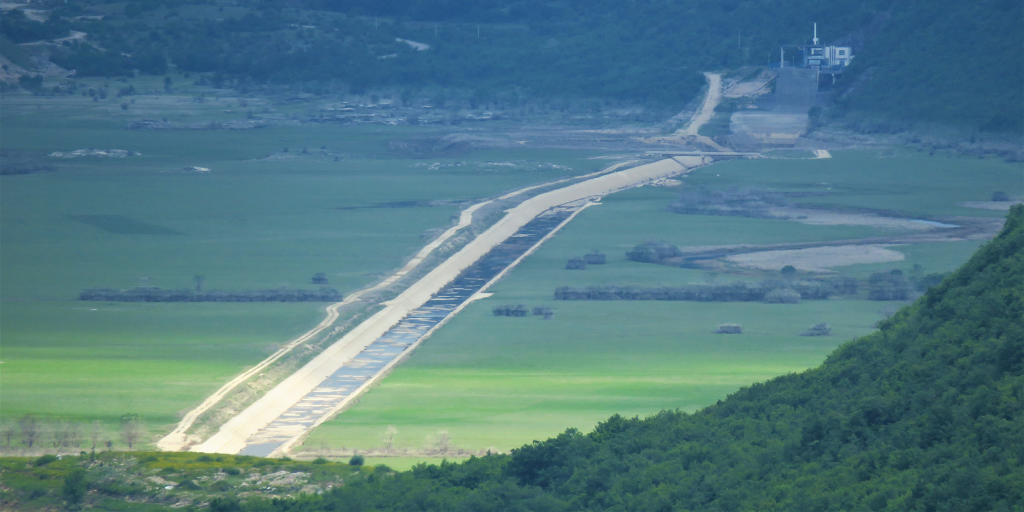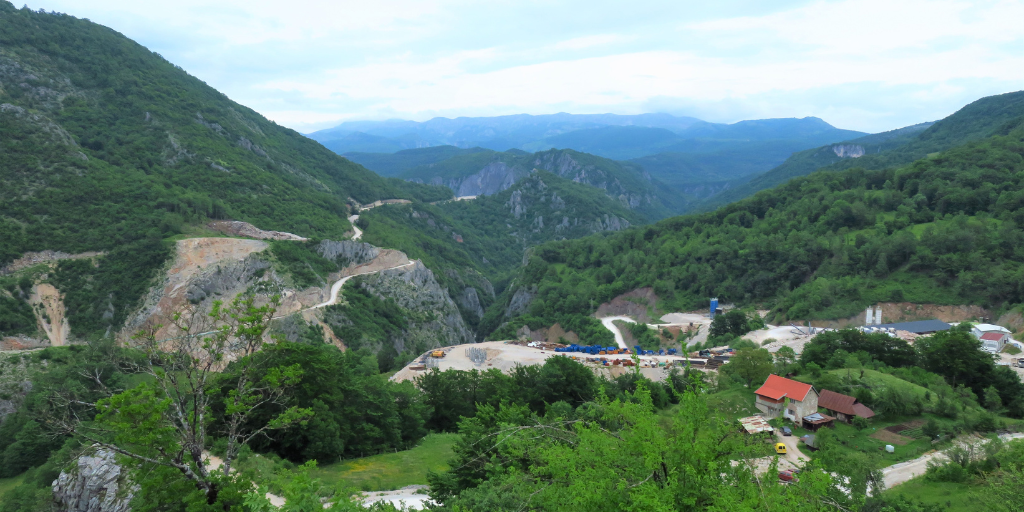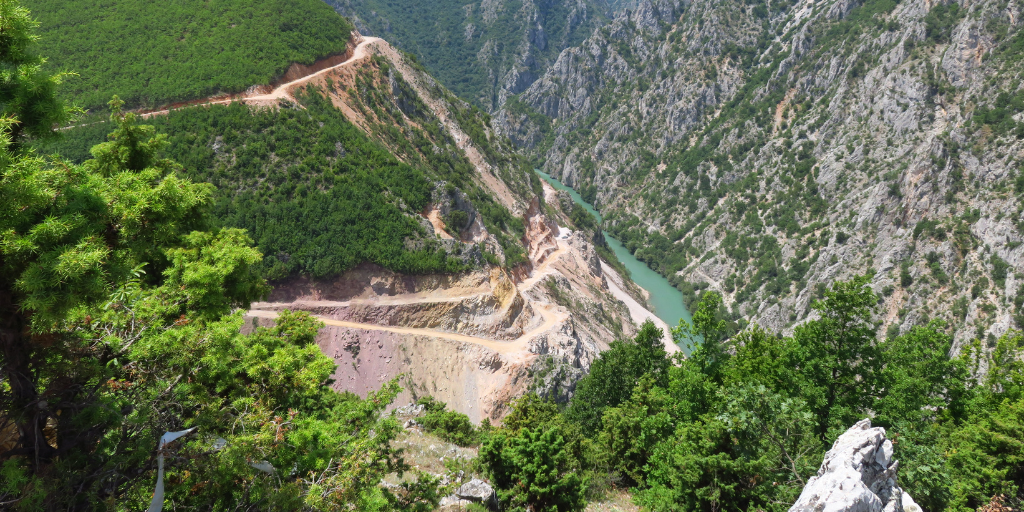A clash is raging between nature and finance. On the one hand, the EU is striving to improve the deteriorating state of nature across Europe, with initiatives like the Biodiversity Strategy 2030 and the European Green Deal. On the other, massive amounts of public money continue to flow to infrastructure projects with devastating impacts on the natural world. Our work where finance meets the natural world advocates for adequate protection and restoration projects to ensure a green future for all.
IN FOCUS
Rivers and communities
The countries of the Energy Community Treaty have diverse energy mixes, but hydropower has traditionally played a strong role in many of them. Albania is almost completely reliant on dams for its domestic electricity generation, followed by Georgia with an average of 80 per cent of electricity generated by hydropower and Montenegro with an average of 55 per cent.
EU funds and biodiversity
In May 2020, EU leaders committed to an ambitious Biodiversity Strategy for 2030, outlining the clear need to act on biodiversity loss and address the failing health of nature.
The historic amount of EU funds now available represents a golden opportunity to increase biodiversity spending and fully realise the objectives of the biodiversity strategy.
As well as addressing the biodiversity crisis, strategically supporting nature through EU funds is also one of the most effective ways to tackle climate change, while providing jobs and improved health at the same time.
Yet, with many of the previous strategy’s objectives left unachieved, the pressure now mounts for this decade. Never before has there been so much potential – and urgency – to use EU funds and investments to address the biodiversity crisis.
Related projects
Upper Horizons hydropower scheme, Bosnia and Herzegovina
A series of dams, diversion tunnels, hydropower plants and channels will completely change the natural hydrology of eastern Herzegovina and have unpredictable impacts on wetlands, rivers and underground karst.
Ulog and Upper Neretva hydropower plants, Bosnia and Herzegovina
A 35 MW hydropower plant is currently under construction on a pristine section of the Neretva river at Ulog. Seven more plants are also planned further upstream.
Skavica hydropower plant, Albania
Instead of increasing its energy security, Albania is pushing the construction of yet more hydropower. The Skavica project may flood several villages, displace thousands of people and bring the Balkan lynx to extinction
Latest news
New mudflow hits Georgian village as rainy season reveals poor assessment of hydropower plans
Blog entry | 5 July, 2016As rains cause mudflows in Georgia’s mountains, locals from different regions unite to protest hydropower developments in geologically unstable areas.
Read moreCampaign update: Georgian mountain communities consider restoring long abandoned tradition to tackle threats to their land
Blog entry | 29 June, 2016With hydropower and mining projects encroaching on their lands and livelihoods, Svan communities in Georgia’s northwest consider convening in an ancestral assembly to discuss their course of action.
Read moreNew damage to hydropower project a bleak reminder of development bank missteps in Georgia
Blog entry | 27 June, 2016On June 23 mudflows from the Devdoraki glacier again hit the Dariali gorge and washed away a road and infrastructure connected to two hydropower projects planned in the north of Georgia. The destruction included the water intake for the 19 megawatt Larsi hydropower plant and the derivation pipes for the Dariali hydropower plant.
Read moreRelated publications
The Corridor Vc motorway in Bosnia and Herzegovina: A decisive test for EU standards
Report | 5 April, 2024 | Download PDFBased on a March 2024 site visit, this report examines two planned sections of the motorway– from Mostar South to the Kvanj Tunnel and from Konjic to Mostar, through the iconic Prenj mountain. It presents updated findings and underlines that it is crucial for the European Commission, EIB and EBRD to ensure that the route south of Mostar and via Prenj is re-examined and publicly consulted if they want to avoid many more years of delay.
Led by nature: Projects to protect and restore biodiversity in Europe
Report | 22 March, 2024 | Download PDFThese case studies from several European Member States demonstrate some of the many ways EU funds can and should be used to support nature restoration and conservation projects, which are instrumental to addressing the biodiversity crisis across sectors while also building a greener, fairer future.
Beyond profit: How to reshape the European Green Deal for people’s well-being
Report | 12 March, 2024 | Download PDFThis searing report by the Citizens’ Observatory on Green Deal Financing analyses key EU funding mechanisms and exposes significant shortcomings in strategic priorities and implementation.



